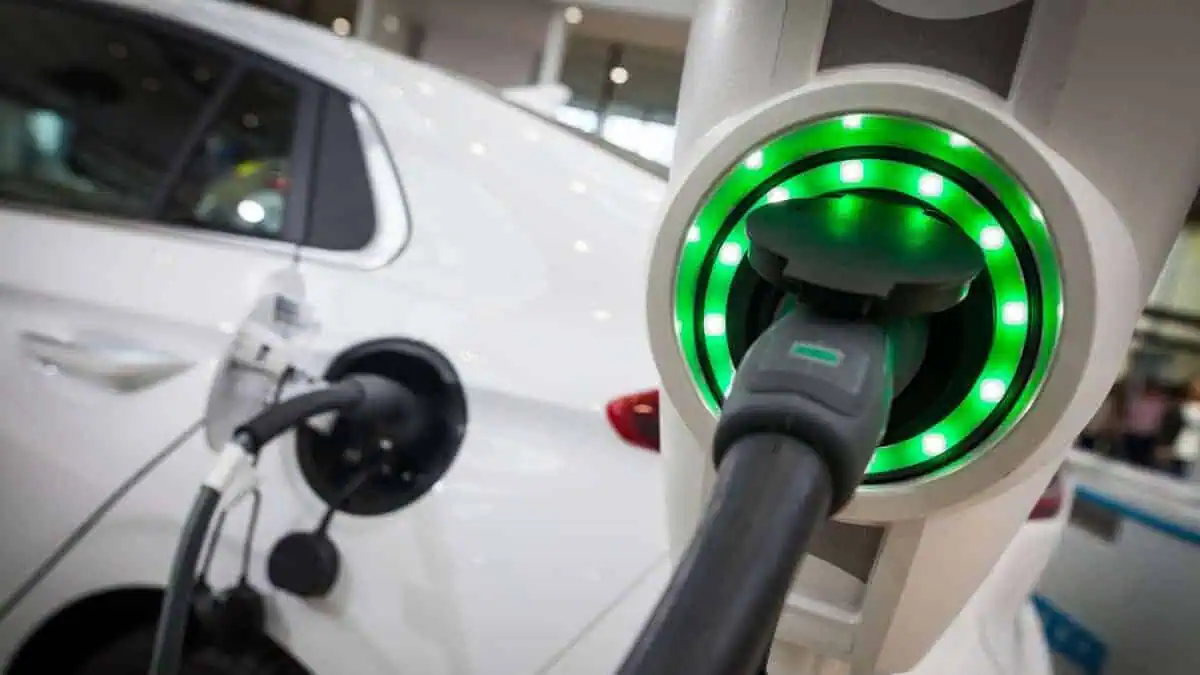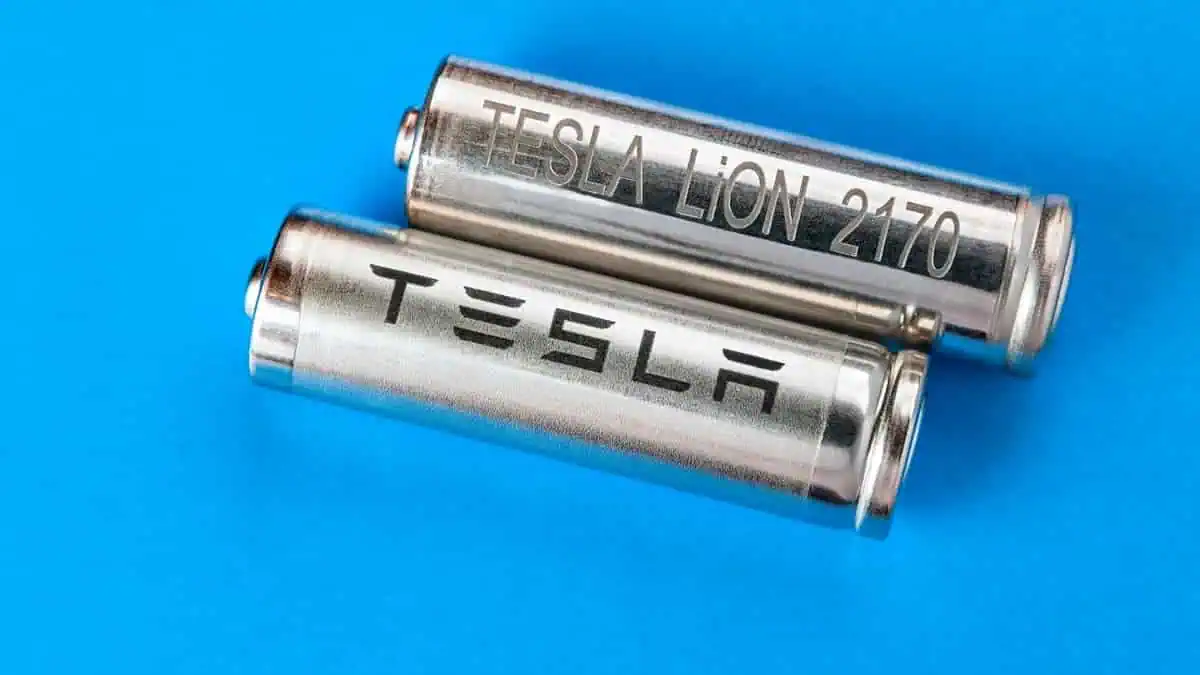The Heavy Industries Ministry announced safety tests done internationally for electric vehicles would be compulsory in India starting April 1, 2023, as per HT Auto.
It will be produced under the production linked incentive (PLI) scheme for automobiles alongside those sold under the Faster Adoption and Manufacturing of Electric Vehicle (FAME).
The new tests will suit batteries manufactured under the PLI for advanced chemistry cells (ACC).
Tests to ensure quality at three levels
In a notification issued on Wednesday (November 2), the ministry stated that new tests would ensure quality at three levels: battery management system, battery pack, and cell level.
“To safeguard human safety, certain tests which are done internationally will be made mandatory from April 1 2023 for claiming incentives/payments under the PLI schemes for automobile and auto components, ACC and FAMEII scheme being implemented by MHI,” it said.
“These tests are widely carried out and accepted internationally for safeguarding human safety and thus would be made mandatory for the above referred schemes of MHI w.e.f April 1 2023 as a precondition for claiming incentives.”
According to the notification sent out, there will be six new tests for cells: altitude simulation, fire exposure, temperature cycling, vibration, shock, and impact test.
Under the temperature recycling test, the lithium-ion cell’s reaction is observed after the chamber temperature is raised and kept at a high temperature. Meanwhile, the altitude simulation test observes that the batteries don’t explode or catch fire when stored at a particular absolute pressure and temperature.
Tests for battery pack level & battery management system
Overall, there will be five new tests at the battery pack level and 11 for the battery management system.
These tests include cell voltage check, cell temperature check, current sensors check, cell balance function check, fuse current check, Discharge MOS check, charge MOS check, MOS temperature check, power rail check, over current protection, and communication interface.
The ministry presented five new tests on battery pack level testing, including crush, case stress, immersion, drop/free fall, and imbalance charging. Notably, free fall tests help observe that the Li-on batteries don’t explode or catch fire under various possible cases of abuse as per international standards.
Last September, the Ministry of Road Transport and Highways issued additional battery safety requirements, which came into effect beginning October 1, 2022.
Two committees formed by the Road Ministry
Following the EV fire incidents, the road ministry formed two committees:
- one to look at the testing criteria and standards
- another to examine the reasons for fires.
The investigations noted that many batteries had cells connected in an unsafe way, and a few did not have a venting mechanism to spread heat in case of overheating.






